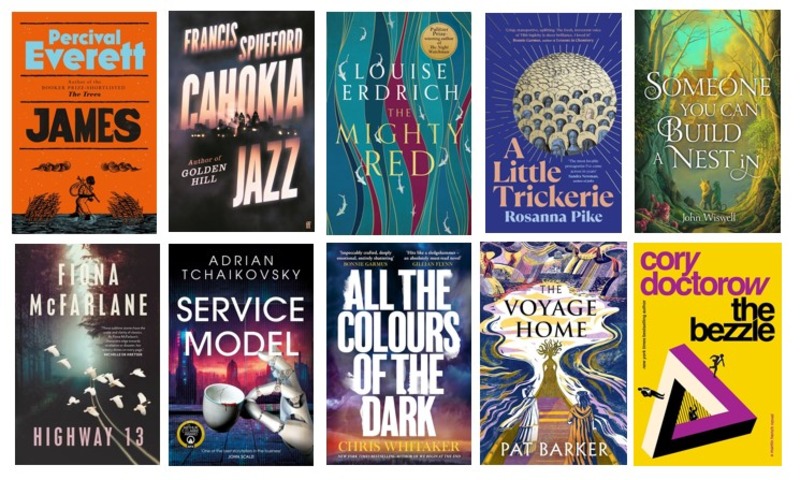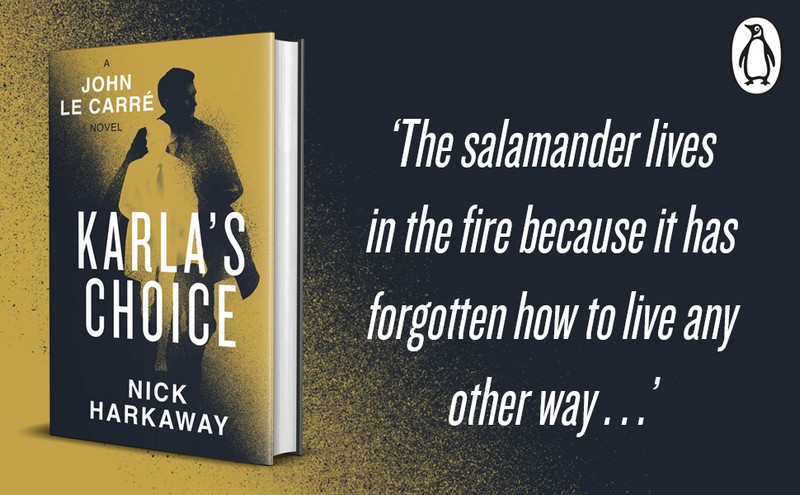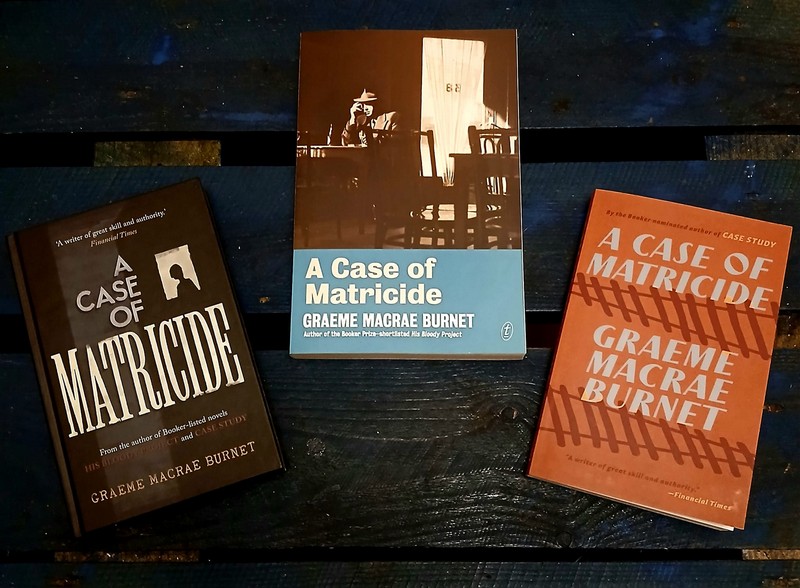 Irish author Audrey Magee’s first novel The Undertaking was shortlisted for a number of major literary awards. So there was some expectation around her follow up The Colony, a novel that explores, in a mainly allegorical way, the fraught history of Ireland. An expectation that is well and truly met.
Irish author Audrey Magee’s first novel The Undertaking was shortlisted for a number of major literary awards. So there was some expectation around her follow up The Colony, a novel that explores, in a mainly allegorical way, the fraught history of Ireland. An expectation that is well and truly met.
The action of The Colony takes place in 1979, on a tiny island off the Atlantic coast of Ireland. A small, dwindling community remains on the island, eking out a living through fishing. To this island comes Mr Lloyd, an English artist seeking to paint the cliffs, and, despite promising not to, also paint the islanders themselves. Before long another interloper arrives, a Frenchman called Masson who is doing research into Gaelic, still spoken on the island, and is fanatical about preserving the language in the face of the rise of English. Sitting between these two are the island’s main family, three generations of women and the young James, who befriends Lloyd and gets caught up in his own dreams of becoming an artist. And interspersed among this narrative is the growing toll of deaths on the mainland due to the ongoing conflict, a reality that slowly seeps its way into the consciousness of the islanders.
While this is the “plot” of The Colony the book itself is so much more. It is a deep exploration of the impacts of colonisation and the different attitudes and responses to cultural change. At the same time reminding readers of the very real life consequences of generations of imperialism. Lloyd and Masson provide two different models of control. Lloyd comes claiming that he does not want to change anything but is soon trying to mould the inhabitants into his mental image. Whereas Masson has a romantic view of the past and is determined to stop the people progressing in any way that interferes with that vision.
The narrative shifts point of view not only between Lloyd and Masson but across the inhabitants on the Island. Magee indicates these changes through the use of different narrative styles. Lloyd narrates in an almost impressionistic but also very self-centred way. Masson’s point of view is in a much more Proustian style, delving into his own troubled past that brings in the French colonial enterprise. But also fascinating are the journeys of James and his mother, caught between two worlds, both manipulating and being manipulated by both men.
The Colony is lyrical, evocative, insightful and thought provoking. While it is clearly allegorical, Magee manages to go far beyond allegory, particularly through the vividness of its characters and the constant reminders of the real world implications of generations of British involvement in Ireland.
Robert Goodman
For more of Robert’s reviews, visit his blog Pile By the Bed
Other reviews you might enjoy:
- Top 5 books of 2022
- Old God’s Time (Sebastian Barry) – book review
- Devotion (Hannah Kent) – book review

Robert Goodman is a book reviewer, former Ned Kelly Awards judge and institutionalised public servant based in Sydney. This and over 450 more book reviews can be found on his website Pile By the Bed.



